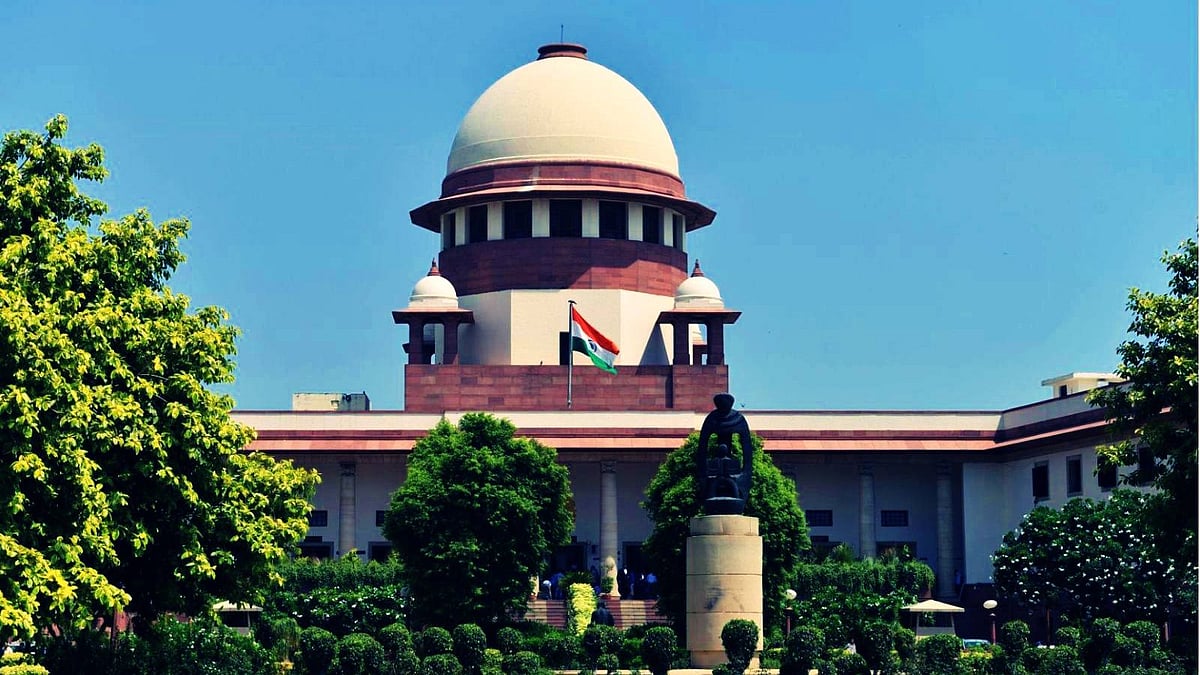Shed Biases, Supreme Court Tells Cops
In a searing indictment of the police force, the top court said men and women in uniform must shed their ‘personal predilections or biases, be they religious, racist, casteist or otherwise’.

Shed Biases, Supreme Court Tells Cops |
In a timely reminder to the police to shed their biases, be they religious, racist or casteist, the Supreme Court has come down heavily on the Maharashtra police for not investigating allegations made by a 17-year-old boy that he was witness to a murder during the Akola riots of 2023 and has ordered the state government to constitute a special investigation team comprising both Hindu and Muslim police officers to undertake a probe and initiate appropriate action. A Supreme Court bench of Justices Sanjay Kumar and Satish Chandra Sharma accused the police, including the superintendent of police of Akola, of total dereliction of duty for their failure to conduct any probe into the allegation of Mohammed Afzal that the victim, Vilas Mahadevrao Gaikwad, was murdered under the impression that he was a Muslim because he was driving an autorickshaw owned by a man of the minority community. Afzal, too, had been attacked by those who killed Gaikwad, and his statement was recorded in hospital when he had identified one of the assailants. The riots had been triggered by an objectionable social media post.
In a searing indictment of the police force, the top court said men and women in uniform must shed their ‘personal predilections or biases, be they religious, racist, casteist or otherwise’. It said they are duty-bound to carry out investigations with utmost integrity. The apex court also questioned the Bombay High Court for disbelieving Afzal’s charge and finding fault with his relatives for not attempting to file a police report immediately. The SC expressed surprise that an inspector of police filed the reply on behalf of the state government in the top court and no senior official chose to file an affidavit, especially since serious allegations were made against the superintendent of police of Akola, who received a written complaint from Afzal’s father but chose not to take any action.
ALSO READ
This institutional bias of the police was also clearly evident in the 2020 Delhi riots probe. Human rights activists have said the investigation into the riots has been marked by bias, delays, lack of evidence and the failure to follow proper procedure. Over the years, riot cases countrywide have seen obfuscation and failure to investigate impartially. The victims of riots, whichever community they are from, invariably belong to the marginalised section with neither the means nor the power to fight the system and seek justice. Therefore, the Supreme Court coming down on the police force is a welcome move that will hopefully reach its logical conclusion. It is the common citizen who suffers when those in uniform fail to uphold the law. They must, therefore, be held accountable for this grave lapse in their official functions.
RECENT STORIES
-
-
-
-
-